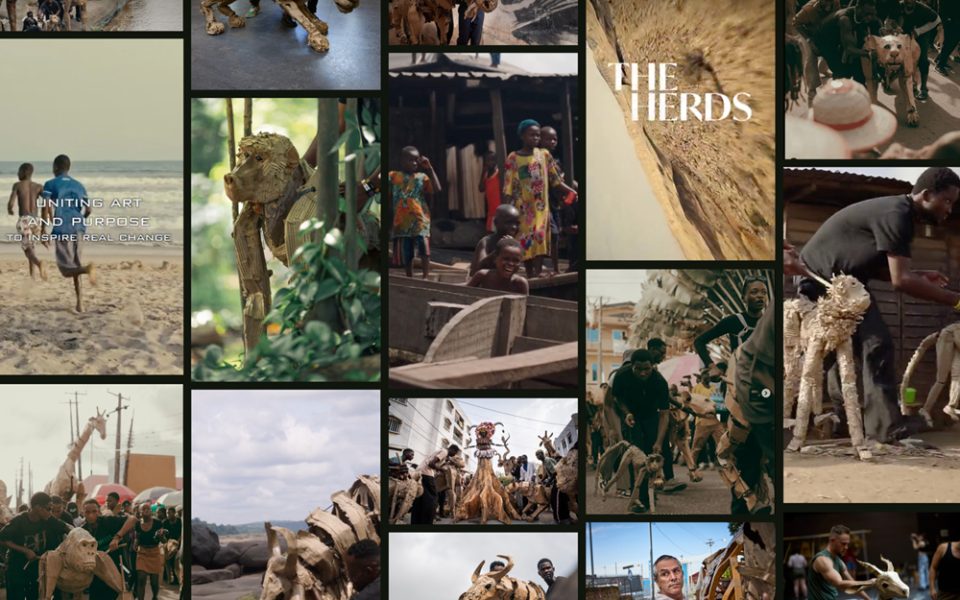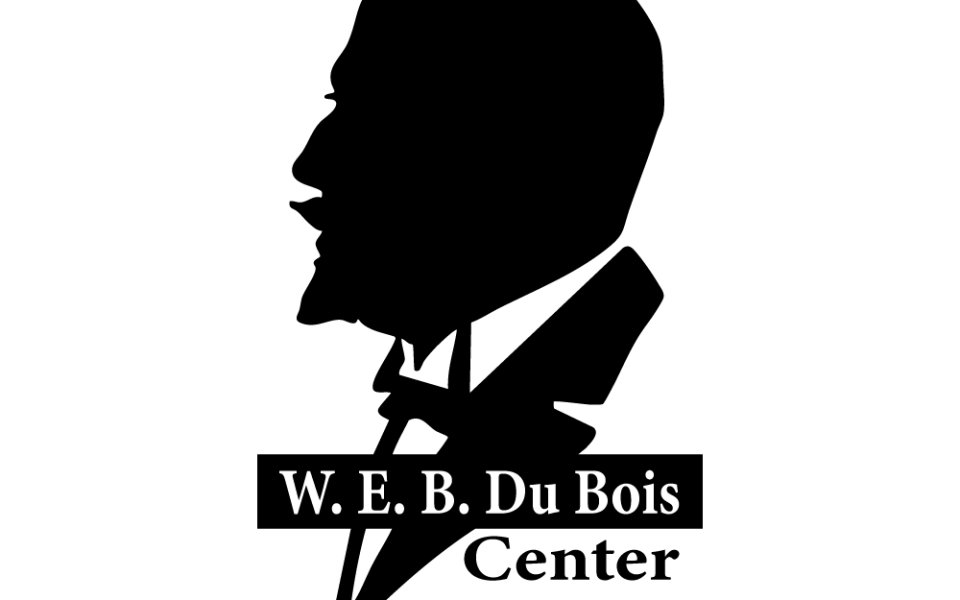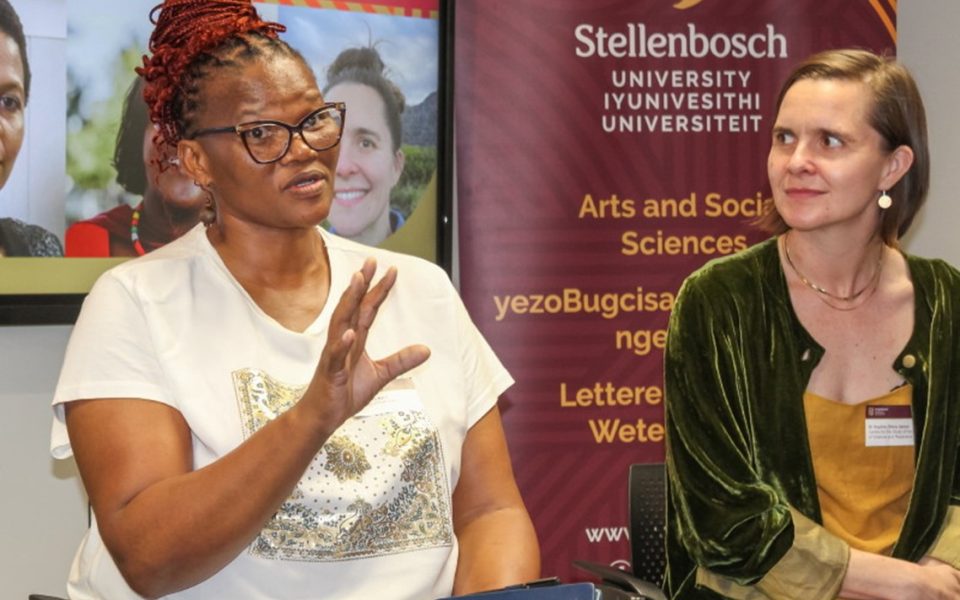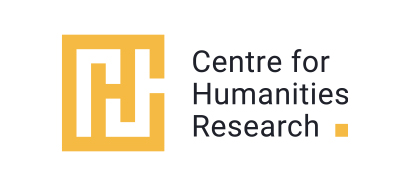African Critical Inquiry Programme: Call for Proposals to Organise a Workshop

The African Critical Inquiry Programme invites proposals from scholars and/or practitioners in public cultural institutions in South Africa to organize a workshop to take place in 2017. The African Critical Inquiry Programme (ACIP) seeks to advance inquiry and debate about the roles and practice of public culture, public cultural institutions and public scholarship in shaping identities and society in Africa. The ACIP is committed to collaboration between scholars and the makers of culture/history, and to fostering inquiry into the politics of knowledge production, the relationships between the colonial/apartheid and the postcolonial/postapartheid, and the importance of critical pluralism as against nationalist discourse. ACIP is a partnership between the Centre for Humanities Research at the University of the Western Cape and the Laney Graduate School of Emory University in Atlanta, Georgia (USA).
ACIP Workshops are intended as annual occasions to identify and address critical themes, fundamental questions and pressing practical issues concerning public culture. For instance, Workshops might focus on particular notions and issues related to publics, visuality, museums and exhibitions, art, performance, representational or institutional forms from methodological, practical, and theoretical vantages. They might examine forms and practices of public scholarship and the theories, histories and systems of thought that shape and illuminate public culture and public scholarship. Workshops should encourage comparative, interdisciplinary and cross-institutional interchange and reflection that brings into conversation public scholarship in Africa, creative cultural production, and critical theory. Workshop budgets will vary depending on proposed plans; the maximum award is ZAR 60,000.
Workshop Themes and Formats: Working with a different focus each year, the ACIP Workshop will facilitate and energize conversations among scholars and practitioners drawn from universities, museums, and other cultural organizations, seeking to bridge institutional silos and boundaries. The ACIP Workshop should help place research and public scholarship within broader frames, work against institutional isolation, facilitate collaborative research relations and discussions, and build a cohort of scholars and practitioners who talk across fields, across generations, and across institutions. Proposed Workshops will be selected with an eye to cultivating these goals.
Proposed Workshop themes should focus on issues and questions that foster critical examination and debate about forms, practices and institutions of public culture. Themes should be addressed from multiple orientations and disciplines and include comparative perspectives. Workshops should be planned to engage participants across different institutions of public culture, including universities, museums, arts and culture organizations, NGOs or others appropriate to the topic.
The Workshop might use a range of formats as appropriate. Examples of formats that might be proposed or combined:
- a standard workshop of 2-3 days, with specific sessions, presentations, discussants, pre-circulated papers or readings, etc. Variations on this format might also be introduced. Preferred timing for such workshops is March 2017.
- a working group of colleagues and postgraduate students drawn from across institutions that meet regularly over several weeks or months to discuss common readings and work in progress; visitors who work on the group’s central theme and issues might be invited to give public lectures, participate in group meetings, mentor students, etc.
- a collaborative teaching programme with a common postgraduate course, or module of a course, taught in parallel at different universities with various modes of coordination and interaction, with participants coming together for a 1 day workshop at the end.
- a distinguished scholar or cultural practitioner invited as a short-term Public Scholar in Residence (PSR) to bring fresh, comparative perspectives to particular issues and debates through public lectures, participation in a standard workshop, consultations with colleagues at institutions of public culture, and meetings with students supported by ACIP’s Ivan Karp Doctoral Research Awards. The visitor might also contribute to courses as appropriate.
Workshop organizers will work through the Centre for Humanities Research (CHR) at the University of the Western Cape. CHR will usually be the venue for Workshops, though applications may propose and justify alternate locations and modes of administrative support. CHR is responsible for financial administration and Workshop organizers are responsible for complying with CHR policies.
We ask Workshop organizers to incorporate appropriate modes of participation for postgraduate students holding current Ivan Karp Doctoral Research Awards from ACIP so that they have opportunities to consult with Workshop participants. Prior holders of Ivan Karp awards may also wish to attend and we encourage organizers to include students from a range of higher education institutions.
Who Should Apply: Applications may be submitted by experienced scholars and cultural practitioners based in universities, museums, and other cultural organizations in South Africa who are interested in creating or reinvigorating interdisciplinary, cross-institutional engagement and understanding and who are committed to training the next generations of scholar-practitioners. Applications may be submitted by a single individual or a pair of individuals who have different institutional affiliations and bring different perspectives, approaches or specializations to the proposed Workshop theme.
How to Apply: Interested applicants should submit the following as a single file attachment with documents in the order listed:
- completed cover sheet (at http://www.gs.emory.edu/about/special/acip.html)
- abstract of the proposed Workshop theme, focus and plan (250 word max.)
- two to three page statement of the nature and significance of the proposed Workshop theme and focus, the questions and issues it addresses, and how it relates to the African Critical Inquiry Programme. The statement should also describe the Workshop format and why it will be effective.
- list of proposed participants with their affiliations, brief bios and descriptions of how their work relates to the Workshop
- plan of work and schedule for organizing the Workshop
- preliminary Workshop budget that explains and justifies expenses
- two page curriculum vitae (for each organizer)
- if the proposed Workshop will not be held at UWC, please include an institutional letter of commitment to host the Workshop and describe available administrative and logistical support in your plan of work
- two reference letters addressing the significance of the proposed Workshop and appropriateness of the format and plan should be submitted directly to the Selection Committee.
The Workshop theme description and plan of work should specify topics or sessions to be included, address the nature and value of the interdisciplinary and cross-institutional exchange to be undertaken, and indicate whether particular outcomes or products are envisioned. It should be written in a way that will be accessible to non-specialist reviewers.
Each Workshop may apply for up to ZAR 60,000. to support Workshop activities and planning. Applicants need not apply for the full amount. Funds may be used to pay honoraria, cover out of town participants’ travel costs, purchase materials, establish a website, promote Workshop activities, hire a student assistant to help with organization, and cover other related expenses. Workshops are strongly encouraged to supplement the ACIP funding with other sources of support.
Selection Criteria: All proposals will be reviewed by the ACIP Selection Committee; successful applicants will be notified as soon as possible after the closing date so they may begin planning for the Workshop. Applications will be evaluated on the following criteria:
Conceptualization: Does the proposed Workshop identify and address significant themes, questions and issues concerning the roles and practices of public culture, public cultural institutions and various forms of public scholarship in shaping identities and society in Africa? Does it combine disciplines and create cross-institutional conversations in new and/or interesting ways? How are comparative dimensions incorporated into the Workshop? How will the proposed workshop develop cross-generational relations and conversations? Will the Workshop make possible new forms of knowledge, innovative approaches, or new kinds of exchange?
Appropriateness: Does the proposed Workshop theme relate to questions and issues relevant to African Critical Inquiry? Are the Workshop plan and proposed set of participants appropriate, well thought out, and likely to be productive?
Workshop organizer(s): What qualifications and experience do applicants bring to organizing the Workshop, including previous administration/organization and interdisciplinary and cross-institutional engagements? How do the training, backgrounds and approaches of a pair of applicants complement one another in formulating Workshop plans?
Impact: Will the proposed Workshop and design be effective in addressing the theme and foster interdisciplinary, cross-institutional, and cross-generational debate and engagement?
Applicants who organize an African Critical Inquiry Programme Workshop must acknowledge the support in all Workshop materials and in any publications that result and indicate affiliation with ACIP and the Centre for Humanities Research. After completing the workshop, they must submit a final report and a financial report.
Closing date: Applications and referees’ letters must be received by Monday 2 May 2016. Incomplete applications will not be considered.
Please submit materials as a single file attachment with documents in the order listed above. Applications should be sent by email with the heading “ACIP 2017 Workshop Proposal” to lameezlalkhen@gmail.com.
Supported by funding from the Ivan Karp and Corinne Kratz Fund
http://www.gs.emory.edu/about/special/acip.html
https://www.facebook.com/ivan.karp.corinne.kratz.fund




